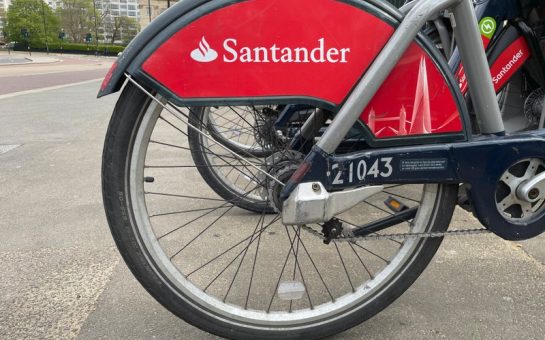Graduates who finished their degrees during Covid are less likely to be satisfied with their jobs, according to the annual Higher Education Statistics Agency (HESA) survey of graduate outcomes.
Respondents have been less likely year on year to report that they ‘strongly agree’ that they find their current work meaningful, that it fits with their future plans or that they are using the skills they learnt in their degree in their work.
This is likely because hiring slowed down during the early days of the pandemic as businesses suffered financial difficulties and workplaces struggled to adapt to online.
Many students who graduated in 2020 found that they were forced to change their initial plans due to the disruption caused by the public health crisis.
One pandemic graduate, Arasi*, decided to spend some time at home after her course wrapped up in summer 2020, to figure out what she wanted to do.
She said: “A lot of us were quite lost. I think the majority of us were unemployed for quite a while.
“I know a few people who forced themselves to do something they were not very interested in because they needed the money.”
It took six months after she started actively looking for work to find employment, and then, only through the government’s Kickstart Scheme.
She has since completed the placement and is looking for a job in an entirely different field.
Over half (57%) of students who graduated in 2020 are now in full-time employment, a number that did not change much from the previous year (56%), suggesting the pandemic has not had a significant impact in the long-term on graduate employment.
Although the rate of graduate employment has remained stable year-on-year, the data belies the difficulties 2020 graduates had to find work.
Arasi said: “The process of applying was very tedious. With some jobs, not only did you have to upload your CV but you had to fill out the manual form as well, which took a lot of time.
“I applied to big companies that offered schemes for ethnic minorities, and they would tell me that they had 500 applications.”
It took Alex*, who studied history and politics, eight months to find a job after he graduated.
He said: “It was utterly soul-destroying. I didn’t know what I wanted to do so I was applying to so much random stuff, really scattergun.
“The soul-destroying part was spending so long doing applications and just not hearing back.”
The data also shows that those who studied degree subjects with a clear career attached were the most likely to have taken up full-time employment, while humanities students have borne the brunt of the pandemic job market.
While 79% of those who earned Veterinary Sciences degrees in 2020 were in full-time jobs 15 months after graduating, that proportion drops to almost half of that (43%) for those who studied History, Philosophy or Religious Studies.
Alex said: “With humanities degrees, you’re applying for jobs based off of your vague skills and the fact that you have a degree, which is really difficult to do in a pandemic where people aren’t taking the risks.”
Even Josh*, who found a graduate job in the civil service at the height of the pandemic after he finished his masters in International Security, agreed that his experience was out of the ordinary.
He said: “I think people I know have settled in jobs they didn’t particularly want to do just because they were able to get hold of it.”
“Sometimes I found applications difficult because you aren’t getting the in-person, live feedback that you get by observing your interviewer.
“But I also think it has its advantages. You can look at your own notes and be comfortable in your own home.”
*Names have been changed





